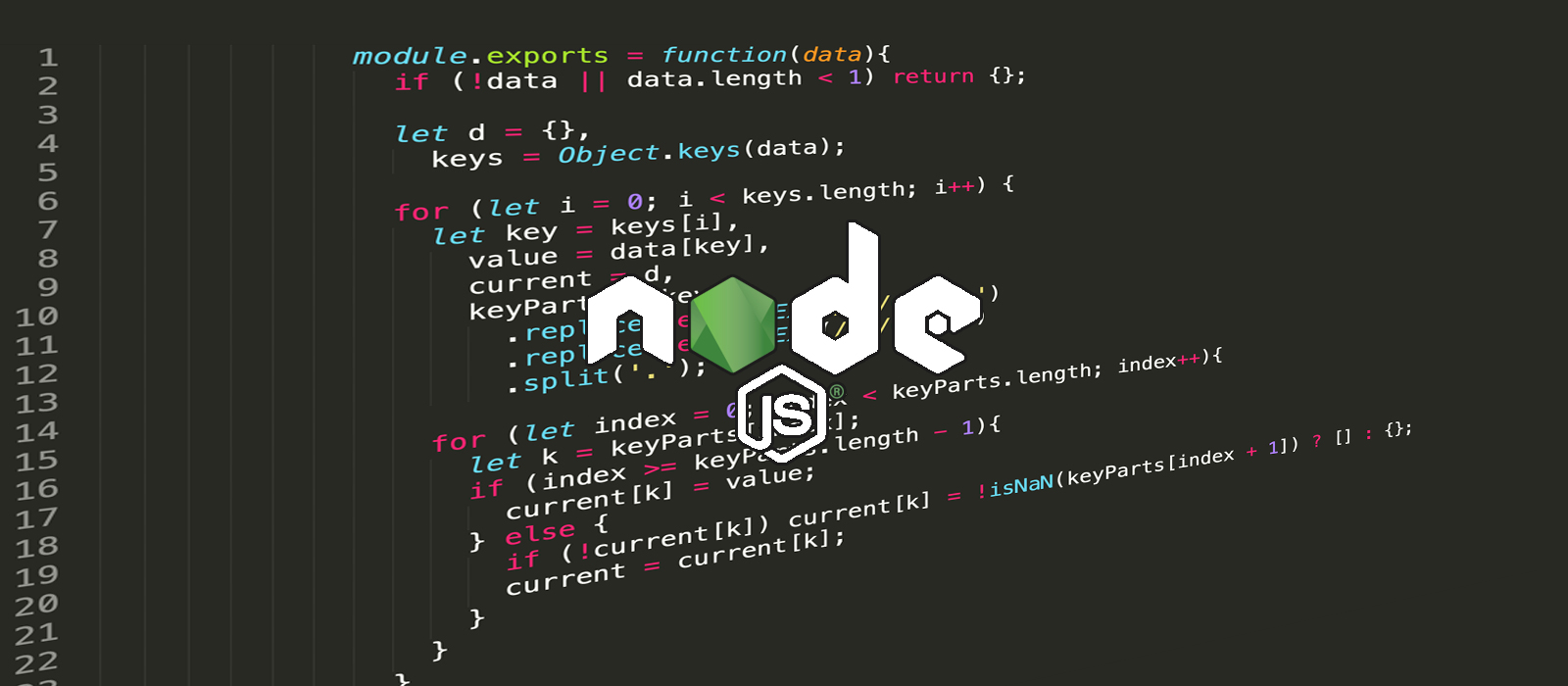From zdnet.com

A new report from SonicWall found that attempted ransomware attacks skyrocketed in the first half of 2021, with 304.7 million attempted attacks seen by the company. SonicWall researchers saw a record number of attempted attacks in both April and May but both months were beat by June, which had a record 78.4 million attempted ransomware attacks.
The total figure of ransomware attacks seen by SonicWall in the first half of 2021 smashed the 2020 total of 304.6 million. The fact that the first six months of 2021 have already surpassed all of 2020 alarmed SonicWall researchers, who added that it represented a 151% year-on-year increase.





